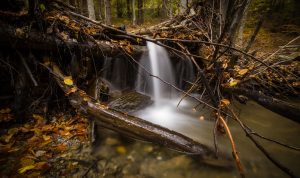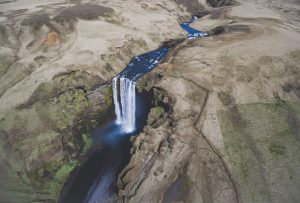 Water Future’s Country Nodes and Regional Hubs will play an important role within the knowledge production domain in contributing to the global water system assessment process and implementing the Water Solution Lab.
Water Future’s Country Nodes and Regional Hubs will play an important role within the knowledge production domain in contributing to the global water system assessment process and implementing the Water Solution Lab.
River basins capture both global influences, such as climate change, and local and regional water management issues. The regional impacts and reactions to global change are therefore considered critical to understanding the function of the global water system as they verify global insights at a local level and vice versa. The triggers for changes within a region often originate outside of that region, for example the impact of climate change on river basin water availability, the influence of international food trade on land use and resulting hydrologic changes within a region, or the impact of international financial institutions on the development of water infrastructure within a particular river basin.
The Country Nodes and Regional Hubs will promote and coordinate international research activities in domains of specific importance for Water Future. These nodes will advance the scientific understanding of the global water system by providing regional and thematic knowledge for comparative studies of catchments, bringing forward best practices and expanding the viewpoint of river basin research and management to include a global perspective. The goals for these nodes include the exchange of knowledge between scientists, water managers and other stakeholders concerning the impact and importance of global factors on watershed management. Through this co-production of knowledge, involving researchers and practitioners in different catchments, the Country Nodes/ Regional Hubs will help to develop novel approaches to adapt to global changes.
Country and thematic centres will manage and govern themselves while developing research strategies and regional activities in accordance with the programme’s objectives. The Nodes will bring together stakeholders to address regional water issues with global implications, allowing for the analysis of inter-dependencies and linkages between site-specific phenomena, regional observations and global processes. Understanding the relation between the regional and global helps to find solutions that fit local conditions while “getting the big picture”, banking on the experiences and expertise of the global GWSP network.
 In collaboration with the Water Future International Secretariat, the specific activities of Country Nodes and Regional Hubs include the following:
In collaboration with the Water Future International Secretariat, the specific activities of Country Nodes and Regional Hubs include the following:
- Coordinating and implementing programme activities in collaboration with regional institutions and science communities;
- Organising workshops in the region;
- Assisting in the dissemination of key results in the region;
- Promoting awareness of programme activities amongst the relevant science communities and funding agencies in the region;
Developing joint research proposals, and mobilising external research funding.
Currently, two Country Nodes have been established: